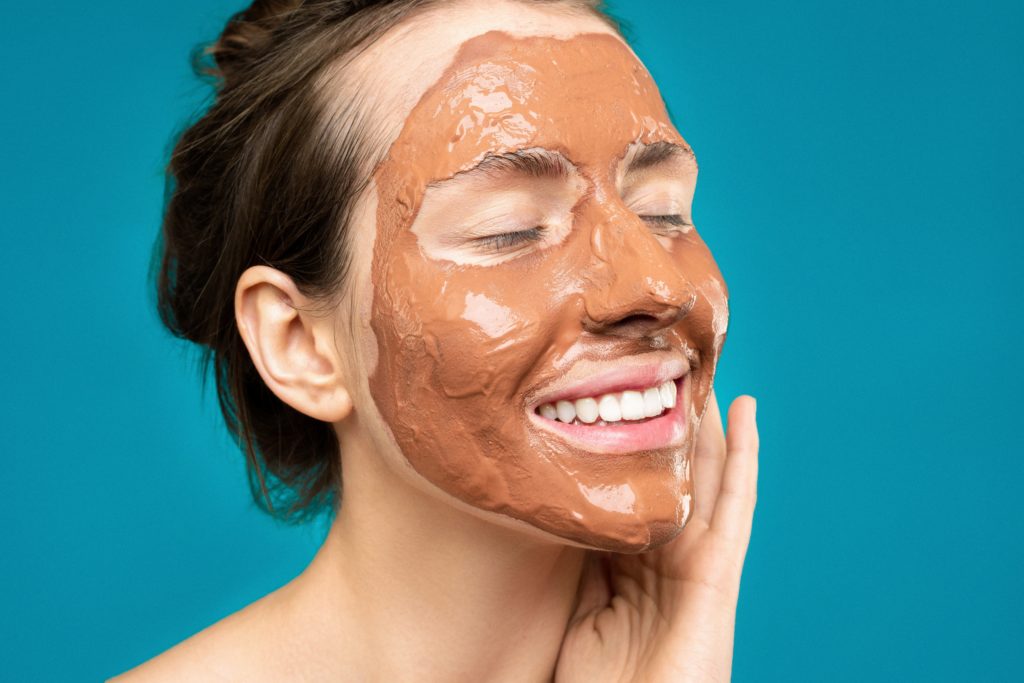Your skin is a remarkable organ that serves as a protective barrier between your body and the outside world. It’s not just about looks; healthy skin plays a crucial role in overall well-being.
However, due to various factors like pollution, sun exposure, harsh skincare products, and even stress, our skin can become damaged, leaving it looking dull, dry, and prone to issues like acne and hyperpigmentation.
The good news is that with the right knowledge and care, you can rescue your damaged skin and restore its natural radiance. In this article, we will explore effective strategies and treatments to help you on your journey to healthier, more beautiful skin.
Understanding Damaged Skin

Before diving into rescue strategies, it’s essential to understand the signs and types of damaged skin. Common signs include dryness, flakiness, redness, rough texture, acne breakouts, and uneven skin tone.
These manifestations can be caused by a variety of factors, such as excessive sun exposure, dehydration, poor skincare habits, environmental pollutants, and even hormonal imbalances. By identifying the specific type of skin damage you’re dealing with, you can tailor your rescue plan accordingly.
Preventing Further Damage
Prevention is key when it comes to rescuing damaged skin. Protecting your skin from harmful UV rays is of utmost importance, as prolonged sun exposure can lead to premature aging, sunburn, and an increased risk of skin cancer.
Always wear broad-spectrum sunscreen with at least SPF 30, and seek shade during peak hours. Establishing a healthy skincare routine is equally crucial.
Start with a gentle cleanser to remove dirt and impurities, followed by exfoliation to remove dead skin cells and unclog pores. Moisturizing is essential to replenish lost moisture and promote skin healing. Choose products suited to your skin type and avoid harsh ingredients that can further irritate or damage the skin.
How To Rescue Your Damaged Skin
When it comes to rescuing damaged skin, seeking professional advice is highly recommended. A dermatologist or esthetician can assess your skin condition and provide tailored recommendations. They may suggest treatments like hydrating facials, chemical peels, or microdermabrasion, depending on your specific needs.
In addition to professional help, you can also implement targeted skincare treatments at home. For dryness, opt for hydrating masks and moisturizers rich in humectants and emollients. Acne-prone skin can benefit from gentle exfoliation and targeted acne treatments containing ingredients like salicylic acid or benzoyl peroxide.
Hyperpigmentation and scarring can be addressed with brightening serums and vitamin C-infused products. Natural remedies like aloe vera, tea tree oil, and honey can also be used to soothe and heal damaged skin.
Lifestyle Changes for Skin Health
To rescue your damaged skin and maintain its health in the long run, it’s important to make certain lifestyle changes. A balanced diet rich in fruits, vegetables, and healthy fats can provide the necessary nutrients for skin repair and regeneration. Drinking enough water throughout the day helps keep your skin hydrated from within.
Adequate sleep is crucial for your skin’s rejuvenation process. Practice stress management techniques like meditation or yoga, as stress can exacerbate skin issues. Lastly, avoid smoking and excessive alcohol consumption, as they can accelerate skin aging and damage.
Caring for Your Skin in the Long Run

Rescuing damaged skin is not a one-time effort; it requires consistent care and attention. Develop a skincare routine that suits your specific skin needs and follow it diligently. Regularly assess your skin’s condition and adjust your routine and product selection accordingly.
Protect your skin from environmental factors like pollution by wearing a physical barrier like a hat or scarf when outdoors. Remember to adjust your skincare habits as needed with changes in seasons or life circumstances.
Conclusion
Your damaged skin has the potential to heal and regain its natural beauty with the right strategies and care. By understanding the causes and signs of damaged skin, implementing preventive measures, seeking professional advice, and making positive lifestyle changes, you can rescue your skin and set it on the path to long-term health. Remember, consistency and patience are key to achieving and maintaining healthy, radiant skin.
FAQs
1. Can diet really impact the health of my skin?
Yes, diet plays a significant role in skin health. A balanced diet rich in fruits, vegetables, whole grains, and lean proteins provides essential vitamins, minerals, and antioxidants that promote skin repair and rejuvenation.
2. Are natural remedies as effective as commercial skincare products?
Natural remedies can be beneficial for certain skin concerns, but their effectiveness varies. It’s best to consult with a dermatologist or esthetician to determine the most suitable treatment options for your specific skin condition.
3. How long does it take to rescue damaged skin?
The time it takes to rescue damaged skin varies depending on the severity of the damage and individual factors. Consistency is key, and it may take several weeks or even months to see significant improvements.
4. Can I use the same skincare routine for all seasons?
Your skincare routine may need adjustments with changing seasons. For example, you may need heavier moisturizers during colder months and lighter, oil-free products in the summer. Assess your skin’s needs and make changes accordingly.
5. Can stress really affect my skin?
Yes, stress can negatively impact your skin. It can trigger or worsen skin conditions like acne, eczema, and psoriasis. Practicing stress management techniques like meditation, exercise, and adequate sleep can help maintain healthy skin.



